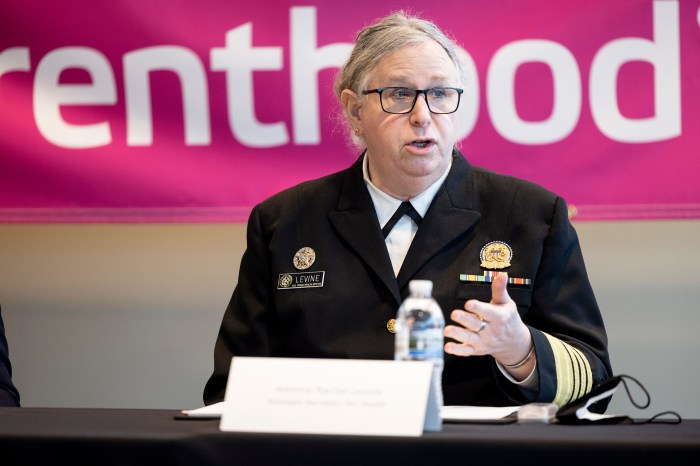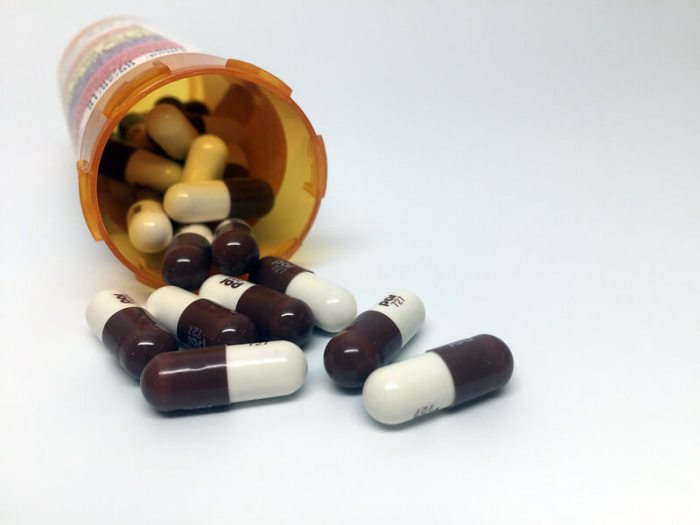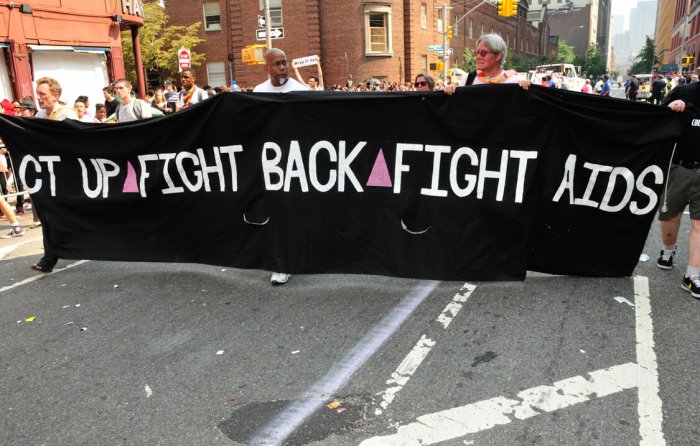BY SAM SPOKONY | Weeks after federal approval of the first drug for HIV prevention, health advocates are divided over what the next step should be and it is unclear whether access to the expensive pills will be paid for by government programs and private insurers.
Truvada, a pill combining the anti-HIV drugs tenofovir and emtricitabine, was approved for pre-exposure prophylaxis (PrEP) by the Food and Drug Administration (FDA) on July 16. The decision follows years of speculation in the medical and gay communities about whether PrEP, a once-daily regimen used by HIV-negative individuals to decrease their risk of becoming infected, might slow the spread of the AIDS virus.
Mitchell Warren, executive director of the AIDS Vaccine Advocacy Coalition.
“Instead of just trying to distribute it in massive numbers, we need to understand how we’ll deliver PrEP, and to whom we’ll deliver PrEP, along with making a good case for whatever investment that will require,” said Mitchell Warren, executive director of the AIDS Vaccine Advocacy Coalition (AVAC).
Warren wants private insurers and Medicaid and Medicare, the government-run insurance plans, to cover PrEP costs. Warren said he is looking forward to new demonstration projects — one funded by the National Institutes of Health (NIH) and another by the California HIV/AIDS Research Program — that will focus on possible implementation strategies within different population groups.
Michael Weinstein, president of the AIDS Healthcare Foundation, has continued his long and increasingly lonely fight against PrEP by vowing that his organization would oppose Medicare or Medicaid coverage of the drug.
“We believe this will lead to more infections,” he said, referring to the FDA approval.
Weinstein said that, aside from any medical implications, he believes that paying for the drug through government programs would be a “bad use of public funds.”
PrEP is estimated to cost between $8,000 and $9,000 per person per year, according to a report released last month by Fenway Health, a Boston-based gay clinic.
Many medical professionals and advocates currently agree that PrEP, in the US at least, will provide its most immediate benefit to men who have sex with men who are at high risk of becoming infected. Whether Medicare, Medicaid, and private insurers will pay for PrEP will be integral to the drug’s success.
A spokesperson for the Centers for Medicare and Medicaid Services (CMS) said that the agency could not comment on the possibility of PrEP coverage. But he noted that Truvada, as part of an antiretroviral treatment regimen for HIV-positive individuals, has been covered by Medicare Part D formularies for several years.
Private insurers also typically cover Truvada for HIV treatment — although most of those plans involve cost sharing — according to Susan Pisano, a spokesperson for America’s Health Insurance Plans (AHIP), a national trade association.
Her organization does not make coverage recommendations. Pisano said that AHIP members generally use medical reviews, clinical trial reports, and decisions from federal agencies such as the FDA and CMS when choosing whether or not to cover a drug. She said that it is too early to tell if insurers will decide to cover Truvada as PrEP.
Truvada’s manufacturer, Gilead Sciences, did not respond to a request for comment.
And as advocates and insurers began pondering a course of action for Truvada in its prevention role, a new clinical trial began last month to investigate the potential of a different PrEP drug.
The NEXT-PrEP Study will determine the efficacy and safety of using the drug maraviroc, which, like Truvada, is an antiretroviral first used in HIV treatment. It is expected to yield results by mid-2014.
“We don’t like to put all our eggs in one basket,” said Dr. Anthony Fauci, director of the National Institute of Allergy and Infectious Diseases, the division of the NIH that is sponsoring the NEXT-PrEP Study. “Whether you’re talking about drugs for treatment or prevention, it makes good sense to keep alternatives at the ready.”
Fauci would not give an opinion on insurance coverage or other policy decisions, but stressed that the distribution of PrEP requires prudence.
“It’s an important piece of the toolkit of combination preventions, but it’s not for everyone,” he said. “Rather than being widely used, it should only be taken by high-risk individuals.”
“And if a person decides they want to use PrEP, that doesn’t mean that they should not also use a condom,” Fauci added.



































